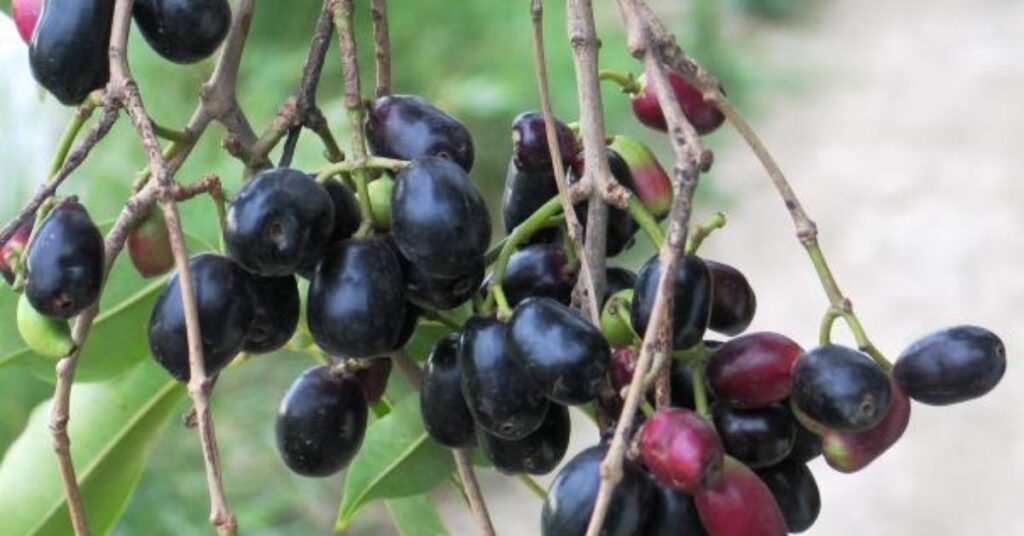Ayurveda, the ancient Indian system of medicine, has long recognized the power of plants for promoting health and well-being. These potent natural remedies, known as Ayurvedic plants, offer a wide range of benefits, from boosting immunity to managing chronic diseases.
Benefits of Ayurvedic Plants:
Ayurvedic plants are used for a variety of reasons, including:
- Boosting Immunity: Many Ayurvedic plants, such as Ashwagandha, Giloy, and Tulsi, are rich in antioxidants and immune-modulating compounds that help strengthen the body’s natural defenses.
- Managing Chronic Diseases: Ayurvedic plants like Turmeric, Neem, and Amla have anti-inflammatory and antioxidant properties that can help manage conditions like arthritis, diabetes, and heart disease.
- Improving Digestion: Ayurvedic herbs like Ginger, Triphala, and Ajwain can aid digestion, relieve constipation, and promote gut health.
- Promoting Mental Well-Being: Ayurvedic plants like Brahmi and Shankhpushpi are known for their calming and rejuvenating properties, which can help combat stress, anxiety, and depression.
- Enhancing Skin Health: Ayurvedic herbs like Neem, Aloe vera, and Manjistha have anti-bacterial, anti-inflammatory, and wound-healing properties that can benefit skin health.
- Promoting sleep: Ayurvedic herbs like Ashwagandha, Valerian root, and Jatamansi can help promote relaxation and improve sleep quality.
Popular Ayurvedic Plants and Their Uses:
Here are some of the most popular Ayurvedic plants and their potential benefits:
- Ashwagandha: This adaptogenic herb helps manage stress and anxiety, boost immunity, and improve sleep quality.
- Giloy: This herb is known for its immune-boosting properties and its ability to detoxify the body.
- Tulsi: This holy basil is considered a sacred plant in India and is known for its respiratory, digestive, and immune-boosting properties.
- Turmeric: This golden spice contains curcumin, a powerful compound with anti-inflammatory, anti-oxidant, and pain-relieving properties.
- Neem: This herb has antibacterial, antifungal, and antiviral properties and is used to treat skin conditions, boost immunity, and detoxify the body.
- Amla: This Indian gooseberry is rich in vitamin C and antioxidants and helps boost immunity, improve digestion, and promote healthy aging.
- Ginger: This spice aids digestion, relieves nausea and vomiting, and has anti-inflammatory properties.
- Triphala: This Ayurvedic formula combines three fruits – Amla, Haritaki, and Bibhitaki – and is known for its digestive, detoxifying, and immune-boosting properties.
- Ajwain: This herb aids digestion, relieves gas and bloating, and has anti-spasmodic properties.
- Brahmi: This herb promotes cognitive function, memory, and learning, and reduces stress and anxiety.
- Aloe Vera: This succulent plant has anti-bacterial, anti-inflammatory, and wound-healing properties and is used to treat skin conditions and burns.
- Manjistha: This herb has anti-bacterial, anti-inflammatory, and blood-purifying properties and is used to treat skin conditions, improve complexion, and reduce inflammation.
- Valerian Root: This herb is a natural sedative and helps promote relaxation and improve sleep quality.
- Jatamansi: This herb has calming and sedative properties and helps promote relaxation and improve sleep quality.
Important Considerations:
- While Ayurvedic plants offer various benefits, it’s important to consult with an Ayurvedic practitioner or healthcare professional before using them, especially if you are pregnant, breastfeeding, or have any underlying health conditions.
- The dosage and duration of use of Ayurvedic plants may vary depending on the individual and their specific condition.
- It’s essential to purchase high-quality Ayurvedic plants from a reputable source.
Conclusion:
Ayurveda, with its emphasis on natural remedies and holistic healing, offers a powerful tool for unlocking the wisdom of the natural world. By incorporating various Ayurvedic plants into our daily routines, we can harness the power of nature to promote physical, mental, and emotional well-being.
So, let us venture into the verdant world of Ayurvedic plants and discover the natural path to a life of optimal health and well-being.




